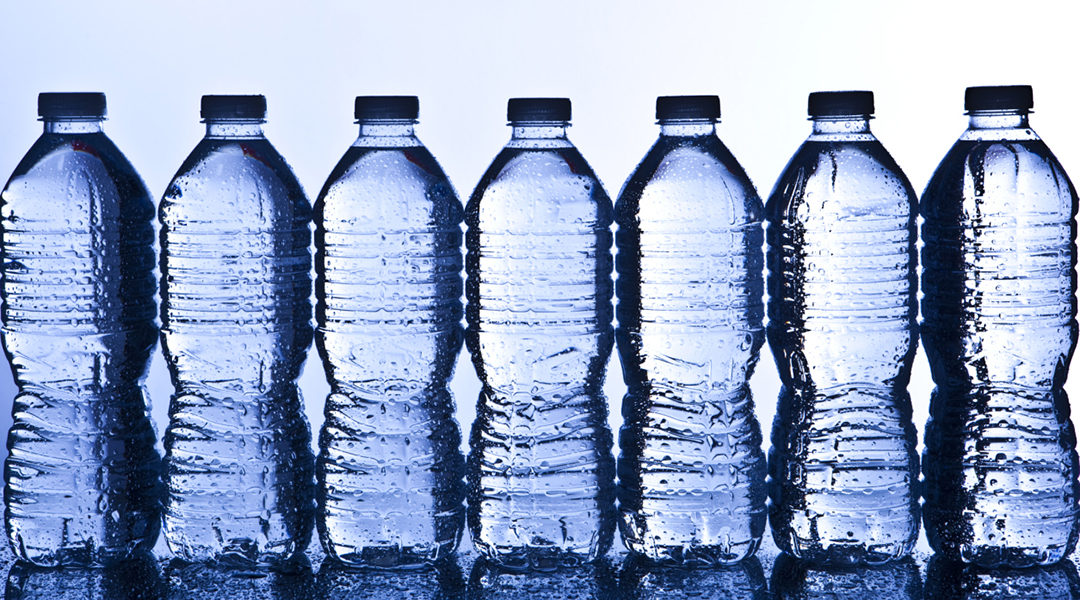In the last decades, Europeans have witnessed the creation of a market for bottled water as a supposedly safer alternative to tap water. In many European countries, people prefer to drink bottled water despite the fact that tap water quality standards in the European Union (EU) are high and the water is not only safe for drinking, but also less expensive and more environmentally friendly.
Recent political commitments to mitigate climate change and achieve sustainable development, as well as societal pressure to improve access to water, induced the EU Commission to “untap” tap water and encourage European citizens to reduce their consumption of bottled water. Moreover, numerous initiatives have formed in most EU member states, which are determined to increase the use of tap water and are guided by the goal to lower costs for consumers, as well as to curb the use of raw materials, plastic waste, and carbon dioxide emission.
In a recent review published in WIREs Water, researchers Jale Tosun, Ulrike Scherer, Simon Schaub and Herald Horn identify different types of initiatives founded by public and private actors in order to promote tap water. The most recent of these initiatives is a law proposal by the regional government of Wallonia, Belgium that intends to oblige restaurants and public places to provide tap water free of charge. Reservations among citizens persist, however. “Improving access to tap water is a first step, but dissatisfaction with the odor and taste of tap water and health-related concerns prevent individuals from drinking (more) tap water,” explains Scherer. Schaub argues that “tasting events such as those organized by the Spanish city of Zaragoza and partners can help to dispel reservations against the sensory qualities of tap water.”
When taking together the various initiatives that aim to promote tap water, three overarching strategies can be identified that aim to enhance access to tap water, improving its quality, and increasing transparency of the benefits of its consumption for human health and the environment. “The studies reviewed indicate that a combination of these strategies is promising for bringing about the intended behavioral changes. However, when reviewing the literature, we discovered that there is considerable leeway for future research,” contends Tosun.
For example, it appears promising to investigate people’s trust in water providers and test whether individuals living in neighborhoods with private water services display a different water drinking behavior than individuals living in neighborhoods where tap water is supplied by publicly owned utilities. Pertinent research indicates that satisfaction with the management of water services is an important determinant of whether individuals prefer tap water to bottled water. Therefore, it might not be objective sensory qualities of tap water or related health concerns that determine the individuals’ drinking-water choices, but additional factors that affect their preference.
To be sure, in most EU states, “tap water is of very high quality and is delivered 24 hours per day and seven days per week directly at the point of use. Consequently, there is a gap between the objective quality of tap water and individuals’ subjective perception that explains why the potential of tap water has remained untapped so far,” explains Horn. Policymakers need to address this gap in order to change individuals’ water-drinking behavior to shift from bottled water to tap water and contribute to environment protection and climate change mitigation.
Written by: Jale Tosun, Ulrike Scherer, Simon Schaub, and Harald Horn
Reference: J. Tosun, et al. ‘Making Europe go from Bottles to the Tap: Political and societal attempts to induce behavioural change‘, WIREs Water (2020). DOI: 10.1002/wat2.1435

















